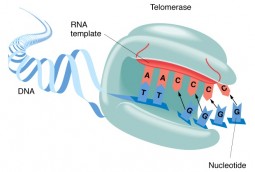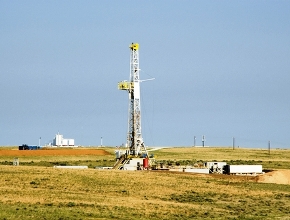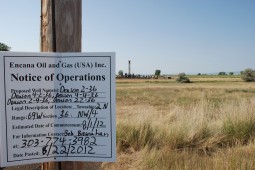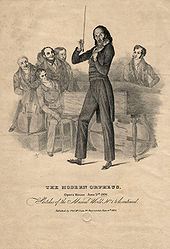Headlines: 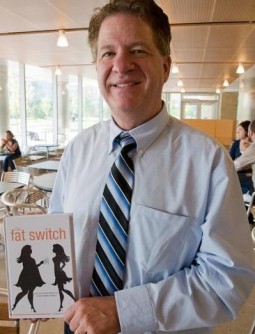
- Chemicals that make drinking water cleaner, might increase allergies to food
- Rumors run amok about “historic” Mars Mission press conference
- West Nile Virus, Lyme’s disease, and Dengue fever on the rise
Main feature (6 minutes in): We’re in that time of year when animals hibernate. Before they started their long winter’s nap, they fattened up, so they can make it through the winter. According to CU Health Sciences researcher, Richard Johnson, we humans also evolved to put on weight to make it through leaner times. But for us, it’s not a change of seasons that gets the weight gain started. It’s a specific trigger, called, “Sugar.” Specifically a kind of sugar called fructose, found in honey, fruit juice, corn syrup, and even regular table sugar. In his new book, The Fat Switch, Johnson traces the increasing availability of this fructose sugar among humans and how it has now made people fat, and sick for thousands of years. For instance, you think the pharoahs were all buff, and skinny? Many mummies have lots of skin folds, which means that, as living humans, many were fat. Johnson also talks about kings who loved sugar so much, sometimes they made sugar statues . . . and ate them . . . leading many to be very fat and prone to modern diseases such as diabetes and heart attack and stroke. Now let’s listen in, as How on Earth’s Shelley Schlender talks with Dr. Richard Johnson, about how sugar affects children. They begin with how too much sugar can make a person’s body get stuck, storing the sugar as fat.
Hosts: Joel Parker and Susan Moran
Producer: Shelley Schlender
Engineer: Shelley Schlender
Executive Producer: Jim Pullen
Listen to the show:
Podcast: Play in new window | Download (Duration: 24:47 — 34.0MB)
Subscribe:
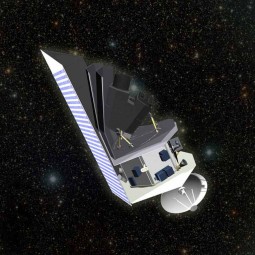




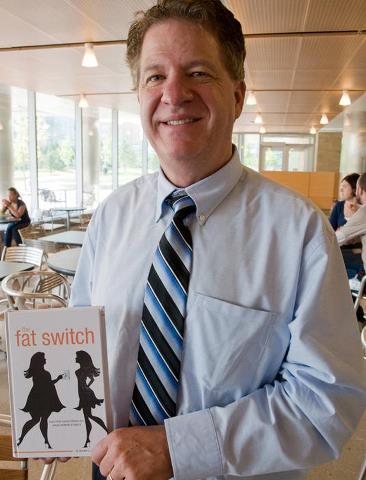

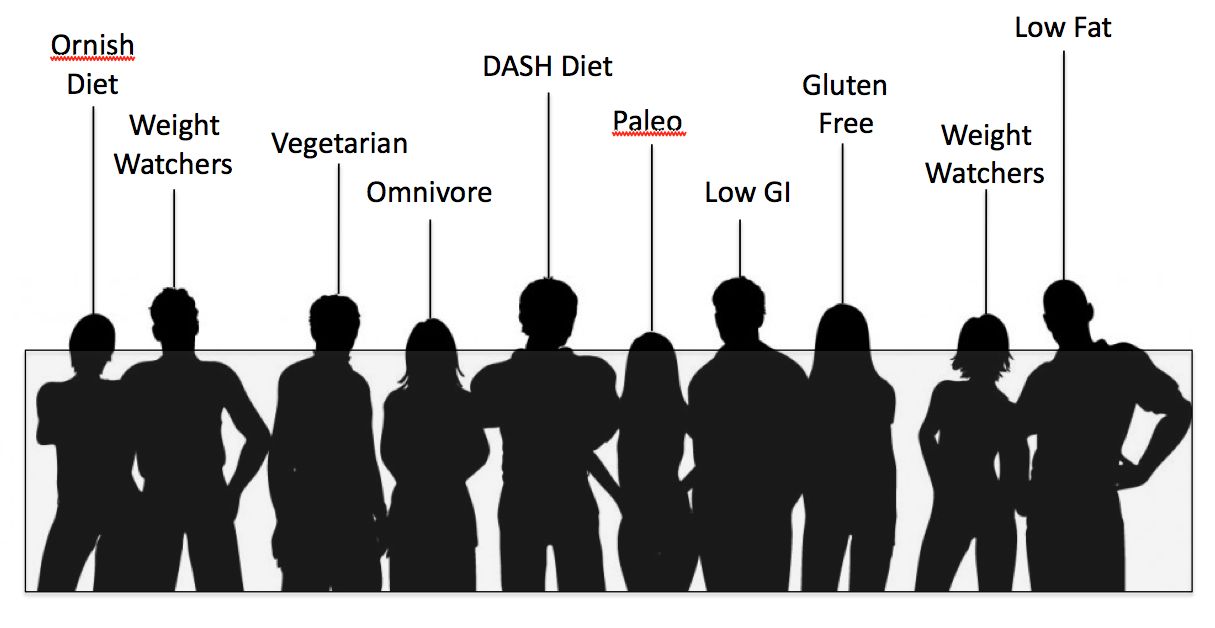
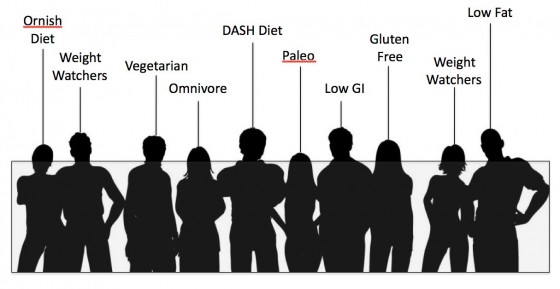
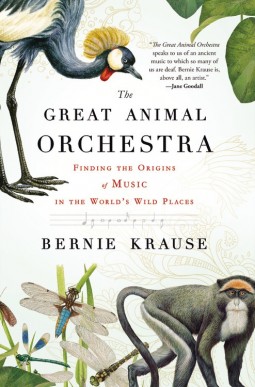
 Today on How On Earth we speak with Dr. Bernie Krause about how soundscapes can help us understand the health of ecosystems. Dr. Krause has been recording the whole sounds of nature all over the world for 40 years. His new book is The Great Animal Orchestra: Finding the Origins of Music in the World’s Wild Places.
Today on How On Earth we speak with Dr. Bernie Krause about how soundscapes can help us understand the health of ecosystems. Dr. Krause has been recording the whole sounds of nature all over the world for 40 years. His new book is The Great Animal Orchestra: Finding the Origins of Music in the World’s Wild Places.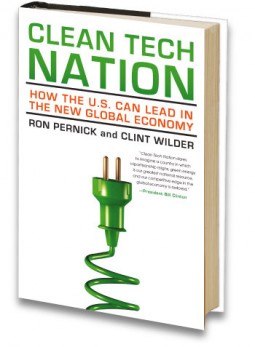
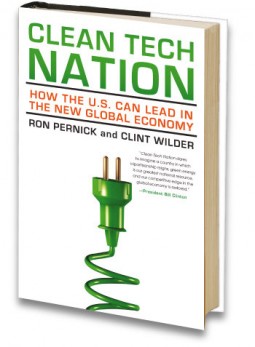 Clean Tech Nation (start time: 4:57): Over the last few years renewable electricity generation has doubled, thanks in part to President Obama’s 2009 stimulus package. In fact, many clean technologies and industries have taken off, including solar, biofuels, green building and electric vehicles. But the stimulus money is about to run out, as is the production tax credit for wind development. To make sense of the current status of and future prospects for
Clean Tech Nation (start time: 4:57): Over the last few years renewable electricity generation has doubled, thanks in part to President Obama’s 2009 stimulus package. In fact, many clean technologies and industries have taken off, including solar, biofuels, green building and electric vehicles. But the stimulus money is about to run out, as is the production tax credit for wind development. To make sense of the current status of and future prospects for 
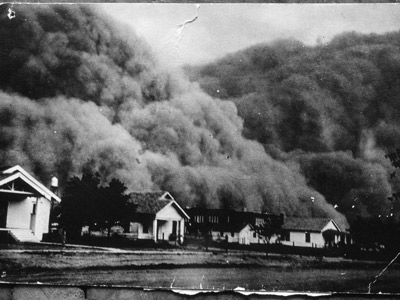

 Feature #2: Zero Population (start time 15:58)
Feature #2: Zero Population (start time 15:58) 
